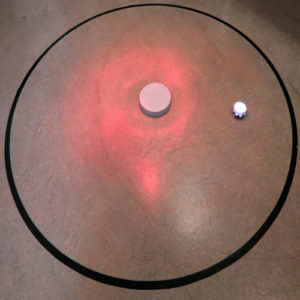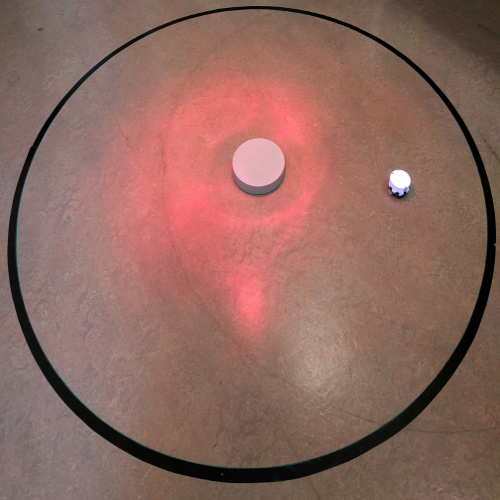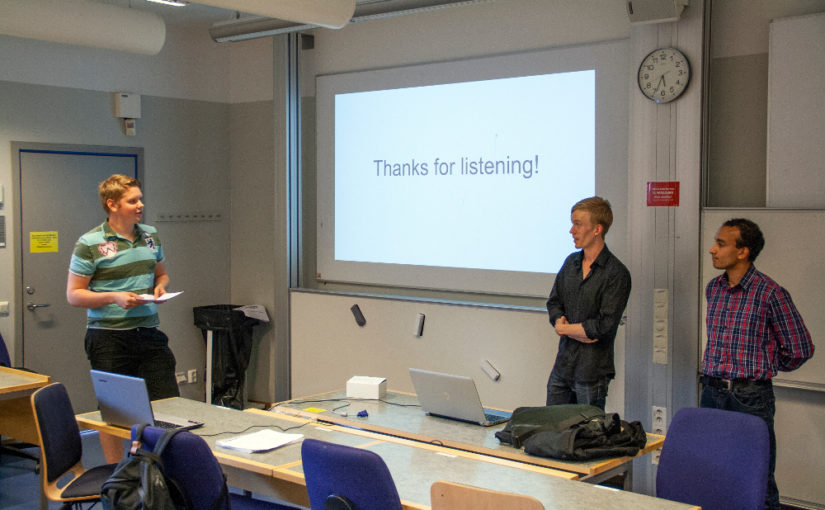
Tuning phototactic robots with sensorial delays (Editors’ suggestion)
Maximilian Leyman, Freddie Ogemark, Jan Wehr & Giovanni Volpe
Physical Review E 98(26), 052606 (2018)
DOI: 10.1103/PhysRevE.98.052606
arXiv: 1807.11765
The presence of a delay between sensing and reacting to a signal can determine the long-term behavior of autonomous agents whose motion is intrinsically noisy.
In a previous work [M. Mijalkov, A. McDaniel, J. Wehr, and G. Volpe, Phys. Rev. X 6, 011008 (2016)], we have shown that sensorial delay can alter the drift and the position probability distribution of an autonomous agent whose speed depends on the illumination intensity it measures. Here, using theory, simulations, and experiments with a phototactic robot, we generalize this effect to an agent for which both speed and rotational diffusion depend on the illumination intensity and are subject to two independent sensorial delays. We show that both the drift and the probability distribution are influenced by the presence of these sensorial delays. In particular, the radial drift may have positive as well as negative sign, and the position probability distribution peaks in different regions depending on the delay.
Furthermore, the presence of multiple sensorial delays permits us to explore the role of the interaction between them.

